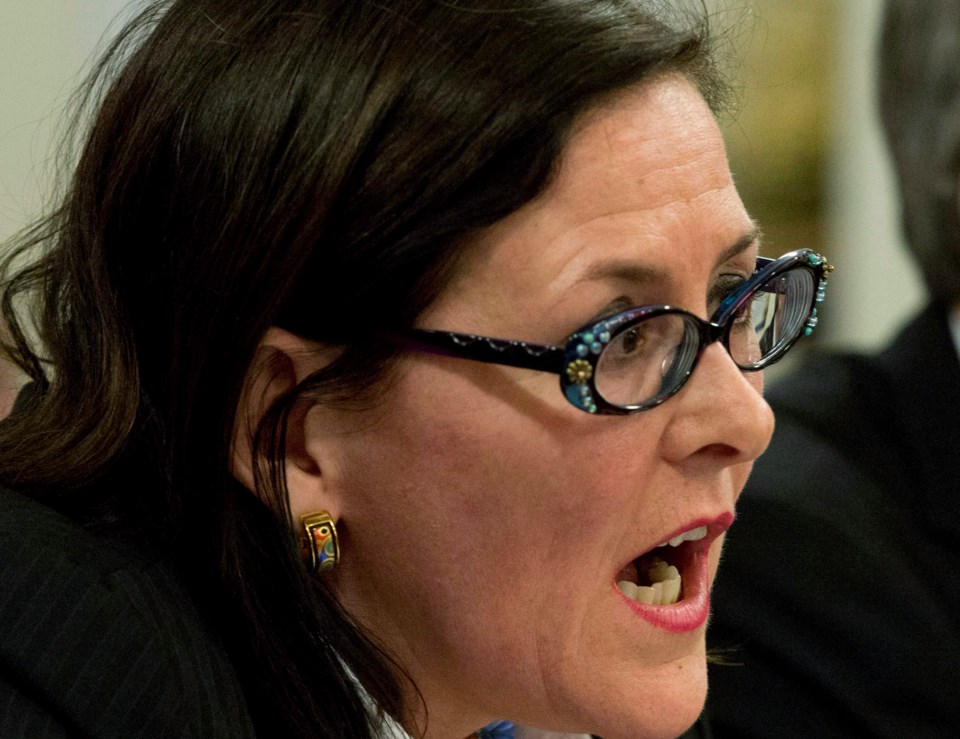QUEBEC — The Society of Obstetricians and Gynaecologists of Canada is launching an initiative for provinces collect better data on maternal mortality and work together to help prevent future deaths.
The society revealed its new tool kit for medical experts to review maternal deaths at a conference in Quebec City on Tuesday.
The program comes in response to long-standing calls for Canadian health authorities to gather more information on maternal mortality, said CEO Dr. Diane Francoeur.
Canada's maternal mortality rate — defined as the death of a woman while pregnant or within 42 days of the end of pregnancy — was 8.3 deaths per 100,000 live births in 2018, Statistics Canada reported.
To improve that, Francoeur said, we need a better picture of the factors that could be contributing to maternal mortality, such as the role of mental health and how later-in-life pregnancies could be linked to complications.
"We have to know what's going on with all women," Francoeur said by phone Monday. "The more (provinces) we get, the stronger we're going to be with our data, and the more effective we're going to be."
The program will allow provinces to share data anonymously and compare their findings to help determine the underlying causes of maternal mortality in Canada, said Francoeur. Four provinces have committed to take part, and talks are underway with a fifth, she said.
Chief scientific officer Dr. Jocelynn Cook said the tool kit will give health providers a standardized approach to review maternal deaths to allow for more in-depth and consistent data collection.
The tool kit also includes resources on how to talk a patient's family and care team, how to assess if a maternal death was preventable and what to consider when issuing recommendations, said Cook.
"What we discovered is that some provinces would say, hey, we would love to review our maternal death, but we don't even know how to do it," said Cook.
"We don't really understand the the scope of maternal mortality in Canada, because ... we don't do a good job at capturing the information. We want to do a better job."
— By Adina Bresge in Toronto
This report by The Canadian Press was first published June 7, 2022.
The Canadian Press




